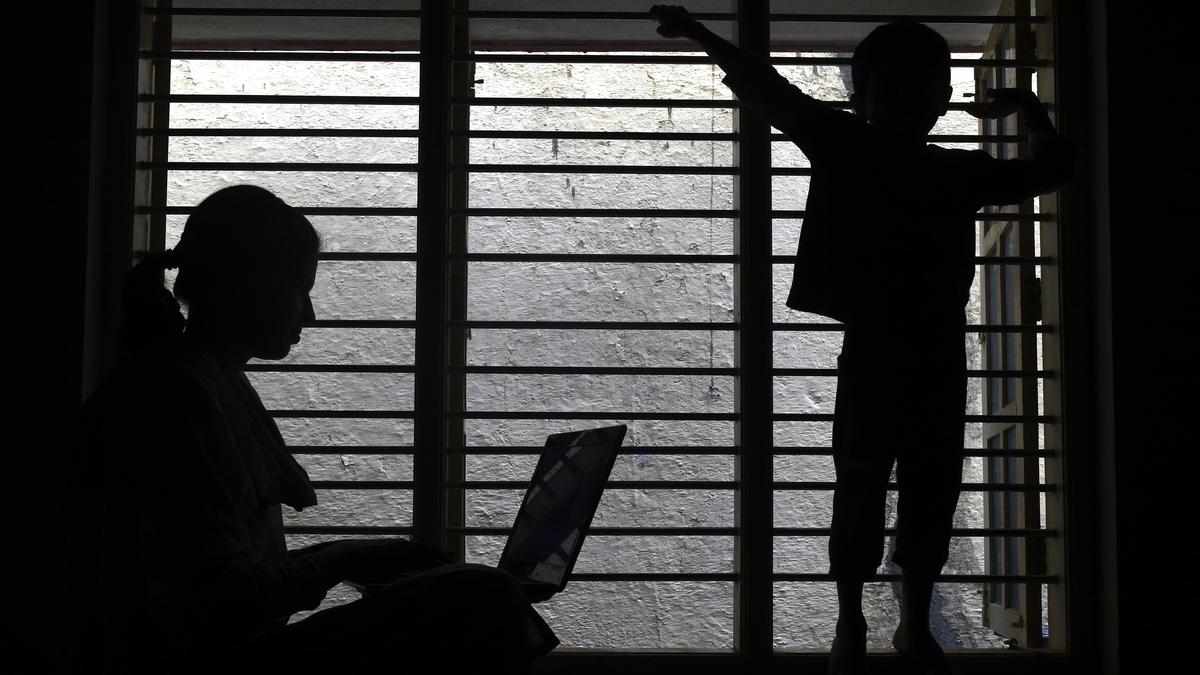
Are women paying the price as work shifts back to office space?
The Hindu
Mandatory return-to-work policies coming into place are causing worry not just for working women, many of who feel they may have to quit or change jobs, creating some instability in their professional, economic, and family lives.
In May this year, Susheela Pavate, 41, quit her high-paying tech job after a disagreement with her line manager about mandatorily reporting to the office four days a week. “After three years of working from home, I found the switch tough, along with the long commute to work,” says the mother of two. Pavate reasons that she is more productive working from home. She puts the hybrid work norms down to company rigidity.
In a week’s time, software professional Janavi (name changed to protect privacy), 32, has to report to the office twice a week, as the multinational technology company in Bengaluru she is employed with has ended the fully remote work.
Since the COVID-19 pandemic began, Janavi relocated to her hometown, in Udipi district in Coastal Karnataka, where she enrolled her school-going child in a local institution. Moving to the metro is not going to be easy as the academic year has begun, and this young mother has little social support.
“I have written to my reporting manager asking if I could work eight days at a stretch from the office, but I am yet to hear from them,” says Janavi, adding that she wants this relaxation for the on-going academic year.
If this young technology professional does not get a reply favourable to her, she will be forced to quit. She may find work soon enough at a workplace that allows for remote working, but finding work is not easy.
“I don’t want to quit without an offer in hand. And some of the companies that I have started enquiring with have hybrid systems with mandated days to report, which I am not sure if they will agree with my requirements,” Janavi says a fully remote job will work best.
Mandatory return-to-work policies coming into place are causing worry not just for working women, many of who feel they may have to quit or change jobs, creating some instability in their professional, economic, and family lives.











